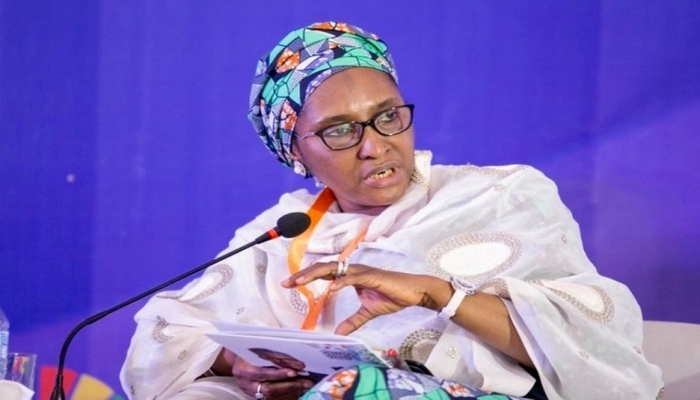IMF sees 3% decline in Nigeria’s economy in 2024
The International Monetary Fund (IMF) has indicated that the Nigeria’s economic growth will see a further slow down to 3.0 per cent, one year down the road, in 2024 while maintaining its projection of 3.2 percent growth in 2023, which also indicated slower growth rate against its 2022 figure of 3.3 percent.
A new leadership at the Federal Government is expected to kick off next month following the 2023 general election that was declared won by Ahmed Bola Tinubu of the ruling All Progressives Congress, APC.
The IMF’s position also placed Nigeria’s economic growth rate below Sub-saharan Africa’s average of 4.2 percent for 2024 and 3.6 percent for 2023.
According to the IMF Nigeria’s slow down was contrary to stronger growth prospects for emerging markets and developing economies during the periods.
The Fund’s forecasts also indicated that Nigeria would be performing below low-income developing countries, where GDP is expected to grow by 5.1 percent, on average.
Meanwhile, the IMF also indicated that the global economic growth rate would be challenged in the short to medium term due to crises associated with the global financial sector distress and the ongoing Ukrain-Russia war.
These were some of the highlights of its World Economic Outlook, WEO, report titled, ‘‘Feeble and Uneven Growth’’, released in Washington DC during the on-going Spring Meetings of the World Bank/ IMF.
The report stated: ‘‘The baseline forecast is for global output growth, estimated at 3.4 percent in 2022, to fall to 2.8 percent in 2023, 0.1 percentage point lower than predicted in the January 2023 WEO Update, before rising to 3.0 percent in 2024.
‘‘This forecast for the coming years is well below what was expected before the onset of the adverse shocks since early 2022.
‘‘Compared with the January 2022 WEO Update forecast, global growth in 2023 is 1.0 percentage point lower, and this growth gap is expected to close only gradually in the coming two years.
‘‘The baseline prognosis is also weak by historical standards. During the two pre-pandemic decades (2000–09 and 2010–19), world growth averaged 3.9 and 3.7 percent a year, respectively.
‘‘For emerging market and developing economies, economic prospects are on average stronger than for advanced economies, but these prospects vary more widely across regions. On average, growth is expected to be 3.9 percent in 2023 and to rise to 4.2 percent in 2024. ‘‘In low-income developing countries, GDP is expected to grow by 5.1 percent, on average, over 2023–24, but projected per capita income growth averages only 2.8 percent during 2023–24, below the average for middle-income economies (3.2 percent) and so below the path needed for standards of living to converge with those in middle-income economies’’.
Credit: Vanguard




